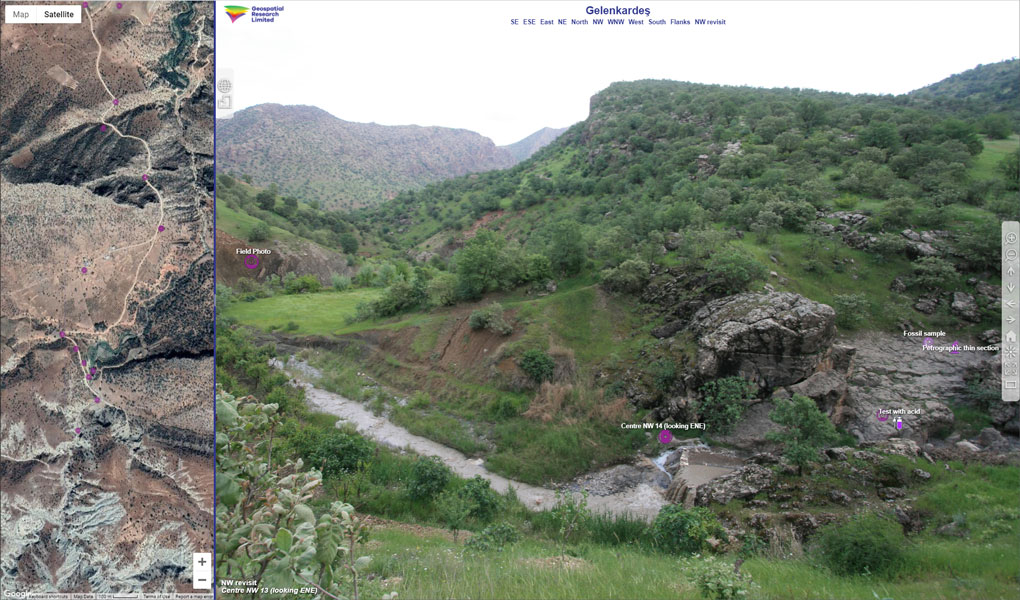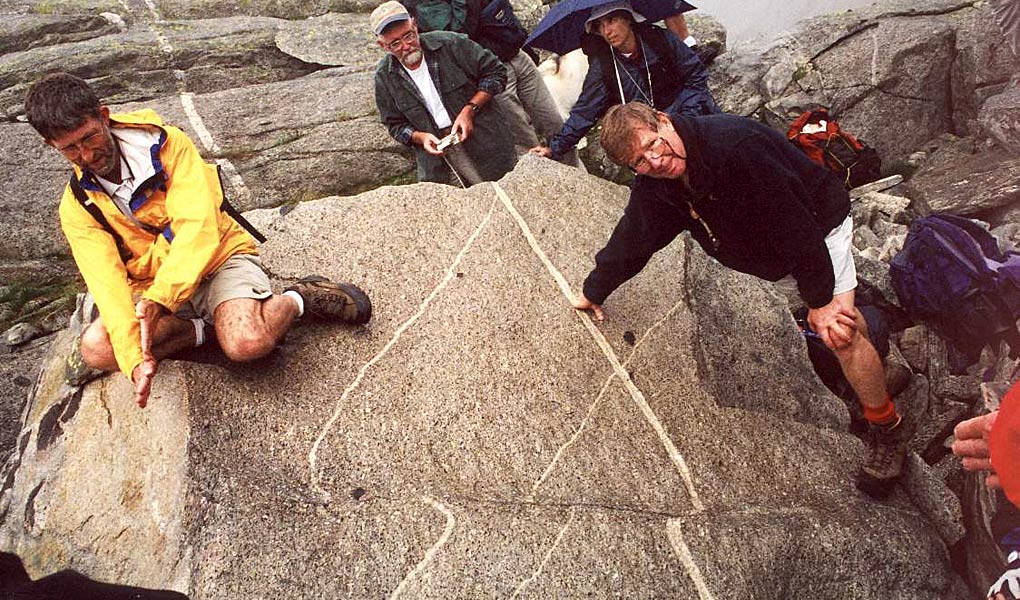News
May News
We’re still very busy this month preparing and running virtual fieldtrips while covid restrictions prevent most real fieldtrips from taking place. Following on from our earlier excursions, in which we’ve toured the Zagros (many times!), the Betics in SE Spain, and classic UK geology in SE Scotland and NE England, our next trip returned to…
Read MoreApril News Update
For many years ArcMap has been our ‘go-to’ software for everyday GIS work, though we also use ER Mapper, GDAL, GMT, GRASS, QGIS, and a host of other software tools. We have always had a love-hate relationship with ArcMap –it’s overpriced, inconsistent, lacks backwards compatibility, for many years was terminally unstable (now, thankfully improved), and…
Read MoreApril News
This month we’re very much looking forward to the upcoming Transition to NET-ZERO in the North of England conference, an open forum organised jointly by the Durham Energy Institute and the North of England Institute of Mining and Mechanical Engineers. The meeting is chaired by our long-time co-worker Jon Gluyas (Director of the Durham Energy…
Read MoreMarch News Update
As we look ahead to the important role that geoscience continues to play in the global energy transition, it’s been fantastic to put together a virtual fieldtrip that also emphasises the influence of geology on the rapid industrialisation that started in the UK in the 18th century. The five-day fieldtrip, developed with Durham University colleagues…
Read MoreMarch News
More Covid lockdown … so more virtual fieldtrips, as industry and academia alike are unable to venture outdoors en masse for geological fieldtrips and fieldwork! Although the main day-to-day focus for industry geologists is invariably to understand the sub-surface, available data from the sub-surface are typically sparse, biased, low-resolution, and/or remotely imaged, and successful companies…
Read MoreFebruary News
More geo-conservation work for Natural England (and the Joint Nature Conservation Committee) again this month, to finish off the current Geological Conservation Review in the Lake District and Northern Pennines that we reported back in December. The photos here are from Warnscale Bottom, where rocks of the Ordovician Borrowdale Volcanic Group (BVG) are juxtaposed with…
Read MoreJanuary News
The Tectonic Studies Group of the Geological Society of London is celebrating its 50th birthday this year! Back in the 1970s and 80s the group’s annual three-day conference quickly became established as an essential fixture for British and Irish geologists working in structural geology and tectonics, with a healthy blend of academic and industry attendees.…
Read MoreDecember News
In these Covid-ridden times it’s great to be able to get out on the fells for some fieldwork. Natural England, as a member of the Joint Nature Conservation Committee, is currently carrying out a Geological Conservation Review of many of the country’s geological Sites of Special Scientific Interest (SSSI’s). As part of this we are…
Read MoreNovember News
As the energy transition becomes progressively more established, many industry geoscientists are considering how the commercial landscape is likely to change in upcoming years, and how the current structural reorganisation from oil and gas to energy companies might impact on the global need for geologists. Characterisation of fracture systems is one of GRL’s core areas…
Read MoreOctober News
A decade ago CCUS (carbon capture, usage and storage) had a high profile, even in the mainstream media, and looked poised to be adopted as a key technology in global and national efforts to mitigate the effects of CO2-related climate change. At that time we worked as part of a large consortium (LR Senergy, British…
Read More









